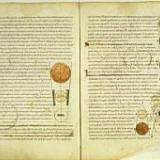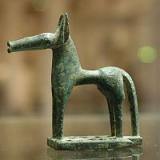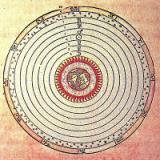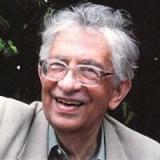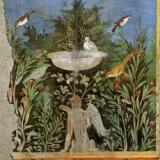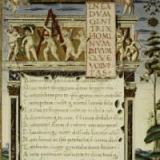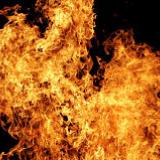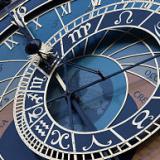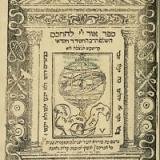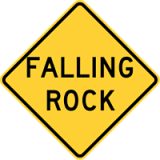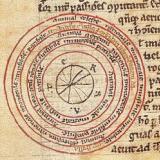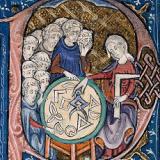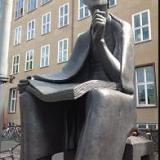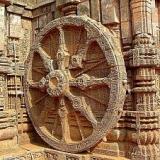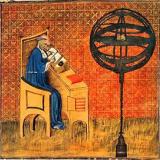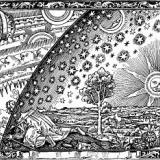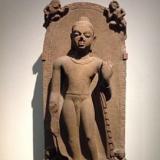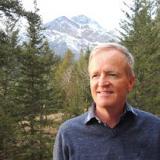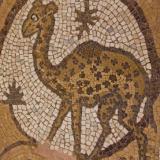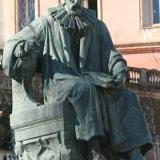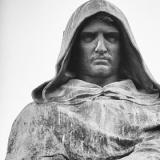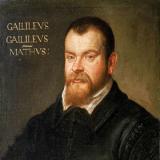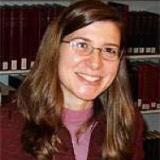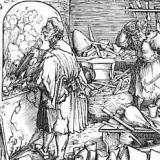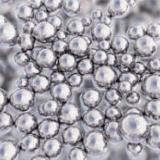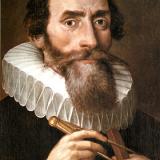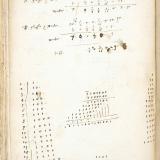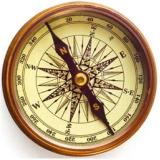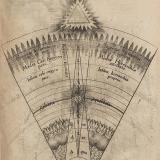Physics
Posted on
Peter looks at Plato's Timaeus, focusing on the divine craftsman or demiurge, the receptacle, and the geometrical atomism of Plato's elemental theory.
Posted on
Aristotle's Physics presents four types of cause: formal, material, final and efficient. Peter looks at all four, and asks whether evolutionary theory undermines final causes in nature.
Posted on
Before Isaac Newton (and Olivia Newton John), there was Aristotle. Peter looks at his Physics, focusing on the notions of actuality and potentiality and how they help to explain such concepts as time and motion.
Posted on
Peter talks to Sir Richard Sorabji about Aristotle's physics, focusing on the definition of time and the eternity of the universe.
Posted on
Peter begins to examine the philosophy of Epicurus, focusing on his empiricist theory of knowledge and his atomic physics.
Posted on
Lucretius’ poem On the Nature of Things sets Epicureanism into verse. Peter takes a look at its treatment of the soul, free will and the swerve and human society.
Posted on
Peter looks at the Stoic idea of god, a providential fire that pervades nature, and considers their idea of a deterministic and eternally recurring cosmos.
Posted on
John Philoponus refutes Aristotle’s and Proclus’ arguments for the eternity of the universe, and develops new ideas in physics.
Posted on
Ḥasdai Crescas shows Aristotelian physics who’s boss, by defending alternative conceptions of time, place and infinity.
Posted on
Abū l-Barakāt al-Baghdādī makes up his own mind about physics and the soul, and along the way inaugurates a new style of doing philosophy.
Posted on
As early medieval science blossoms, Bernard Silvestris and Alan of Lille personify Nature in their philosophical prose-poems.
Posted on
Richard Rufus and anonymous commentators on Aristotle explore the nature of motion, time, infinity and space.
Posted on
Albert the Great earns his nickname “universal doctor” by devoting himself to the whole of nature, from geology and botany to the study of human nature.
Posted on
Ancient Indian cosmology and the Vaiśeṣika defense of the reality of time and space.
Posted on
Bradwardine and other thinkers based at Oxford make breakthroughs in physics by applying mathematics to motion.
Posted on
Ockham, Buridan, Oresme and Francis of Marchia explore cosmology, atomism, and the impetus involved in motion.
Posted on
Nāgārjuna applies his emptiness theory to motion, change, and cognition.
Posted on
Peter speaks to Jack Zupko about John Buridan's secular and parsimonious approach to philosophy.
Posted on
Mathematics and the sciences in Byzantium, focusing on scholars of the Palaiologan period like Blemmydes and Metochites.
Posted on
Was the anti-Aristotelian natural philosophy of Bernardino Telesio and Tommaso Campanella the first modern physical theory?
Posted on
Giordano Bruno’s stunning vision of an infinite universe with infinite worlds, and his own untimely end.
Posted on
Did Galileo’s scientific discoveries grow out of the culture of the Italian Renaissance?
Posted on
An interview with Helen Hattab on the scope and impact of scholastic philosophy among Protestants.
Posted on
Paracelsus adapts the tradition of alchemical science for use in medicine, and in the process overturns the scientific theories of Aristotle and Galen.
Posted on
Schegk, Taurellus, Gorlaeus, and Sennert revive atomism to explain chemical reactions, the composition of bodies, and the generation of organisms.
Posted on
Kepler combines Brahe's observations, Copernicus' astronomy, and Platonist metaphysics.
Posted on
How scientists of the Elizabethan age anticipated the discoveries and methods of the Enlightenment (without necessarily publishing them).
Posted on
The cosmological and methodological implications of breakthroughs in the understanding of magnetism and electricity at the turn of the 17th century.
Posted on
Our last figure of the English Renaissance undertakes daring investigations of chemistry, medicine, agriculture, and cosmology – and gets accused of magic and Rosicrucianism.

